Joint Genesis®
The problem for most of us is once we pass 30 years of age is that our joints begin to lose its synovial fluid at an accelerated pace. This in turn causes wear and tear on our joints.
But thanks to Joint Genesis
You can join thousands of seniors enjoying comfortable, flexible and youthful joints...

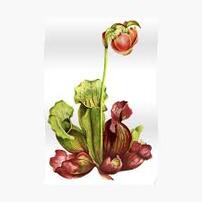
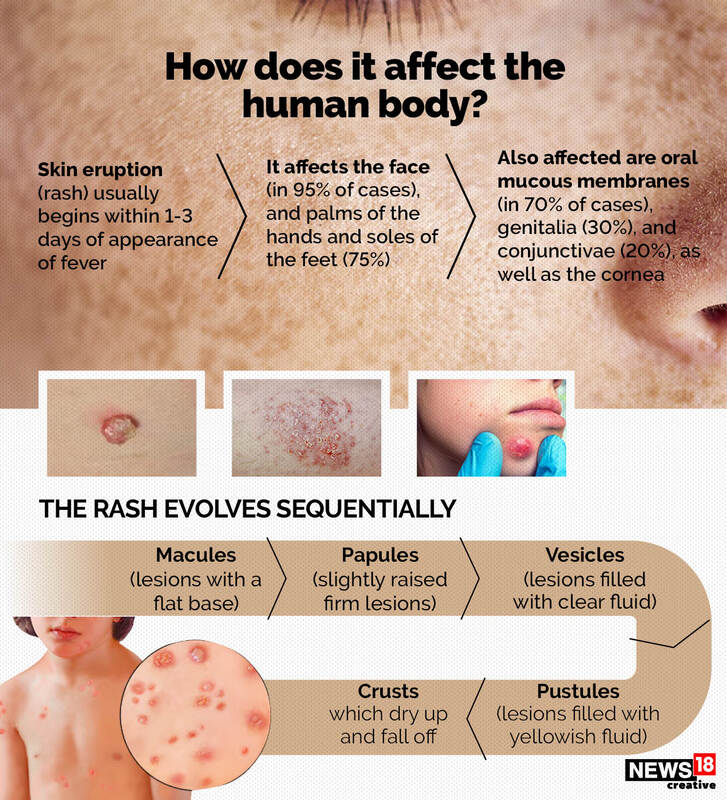

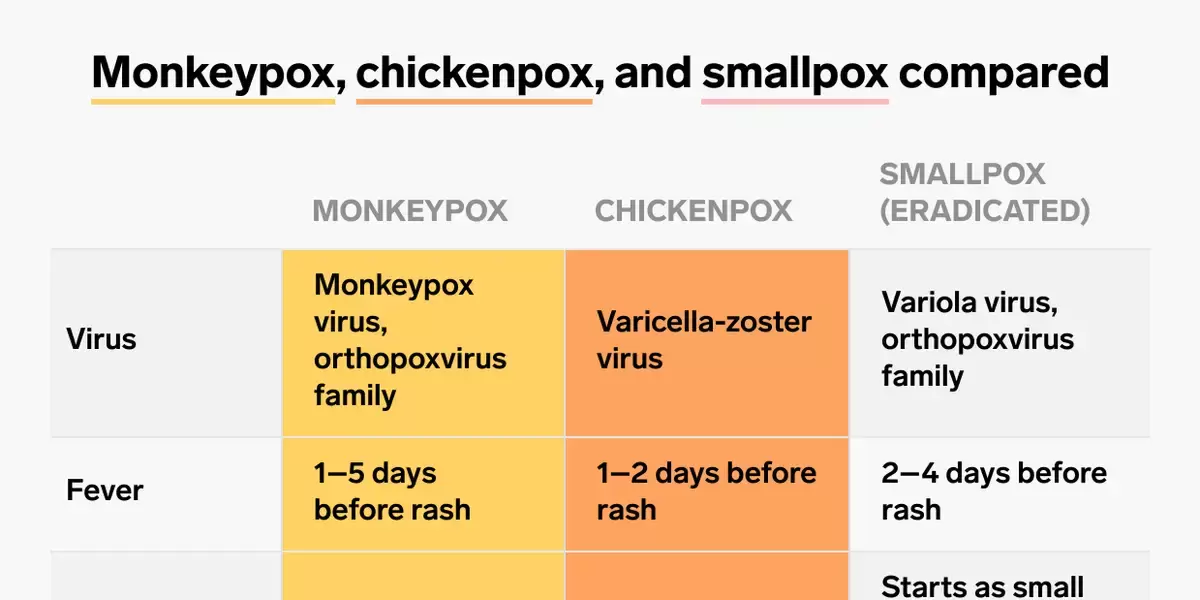

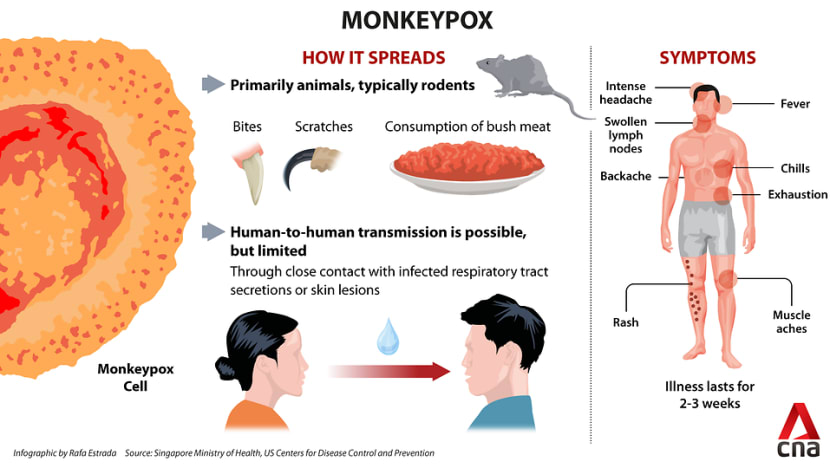


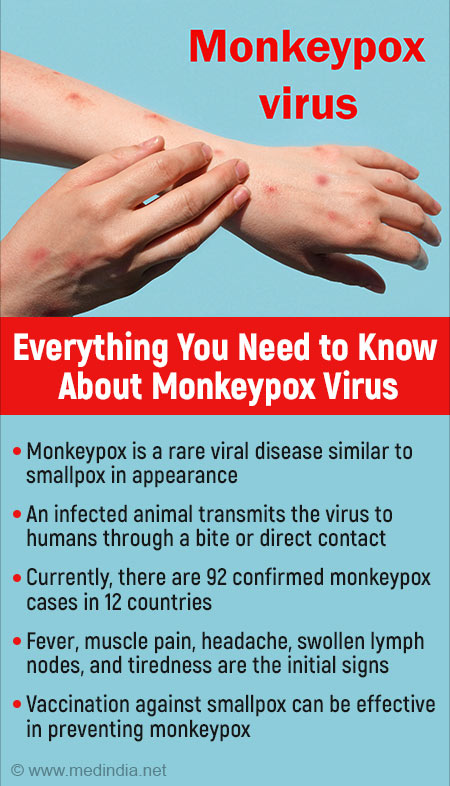
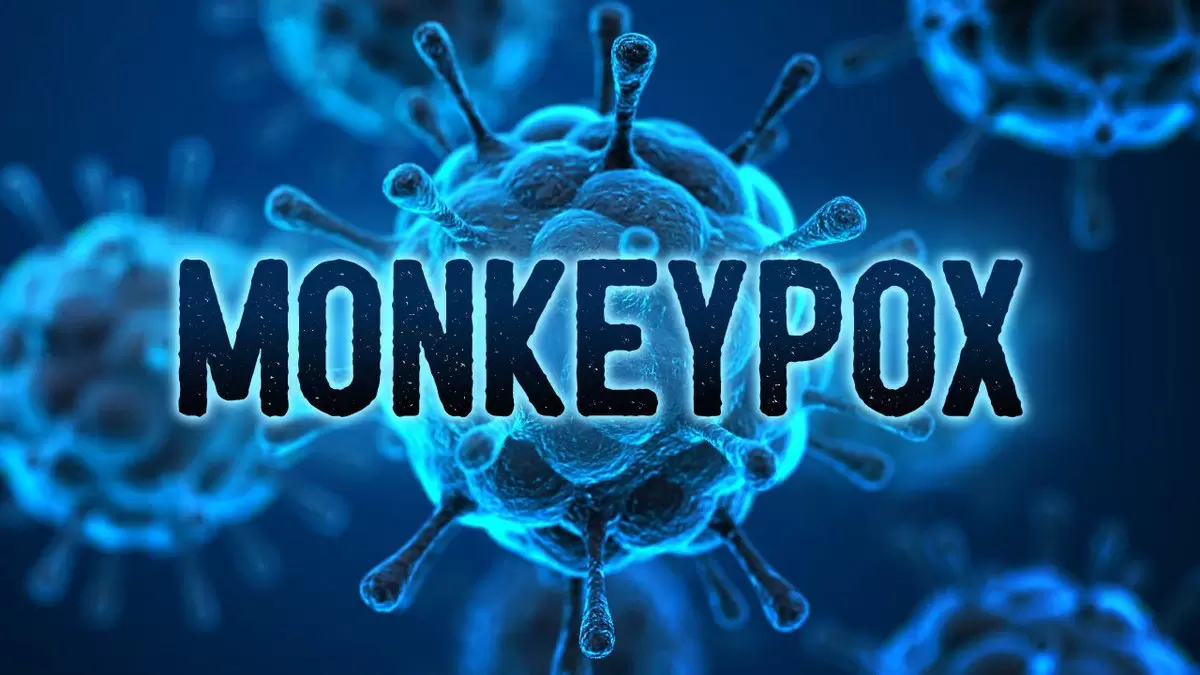


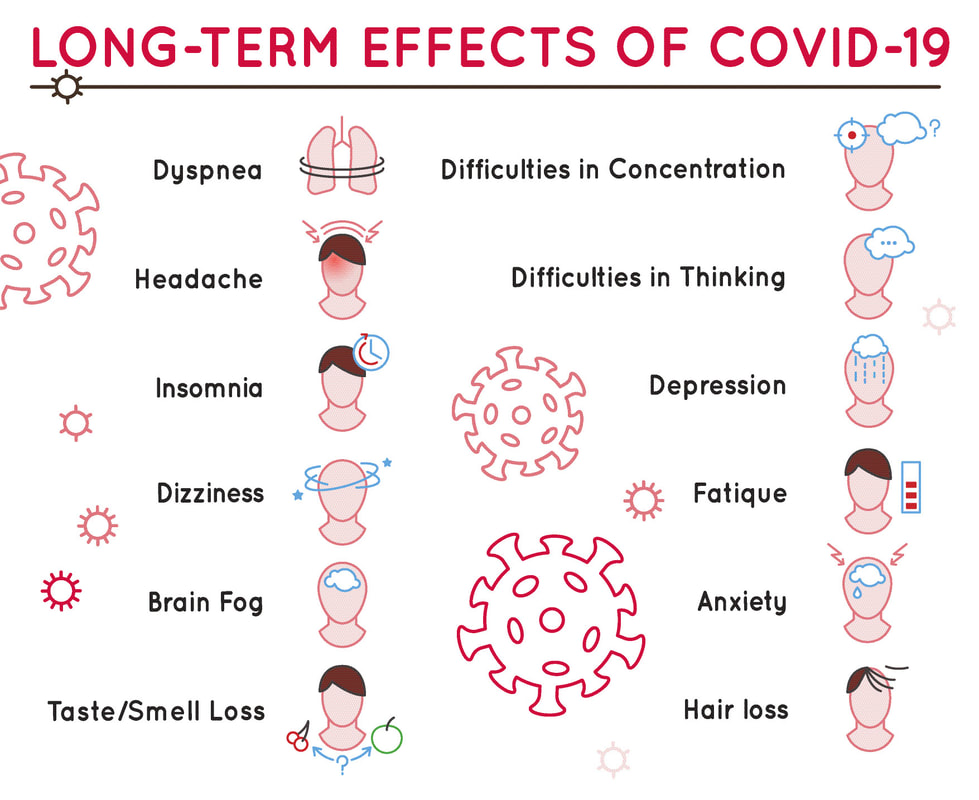
 RSS Feed
RSS Feed